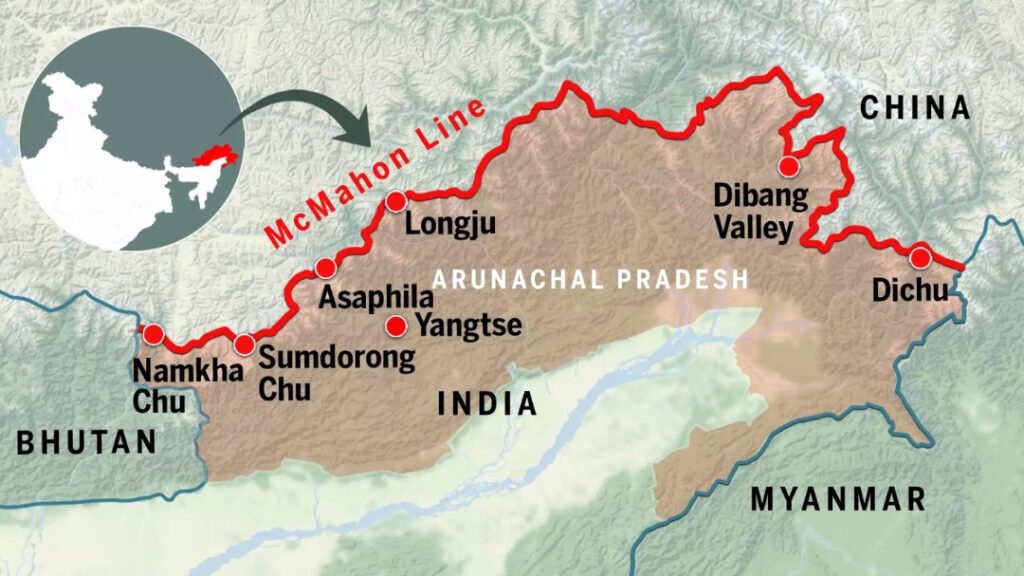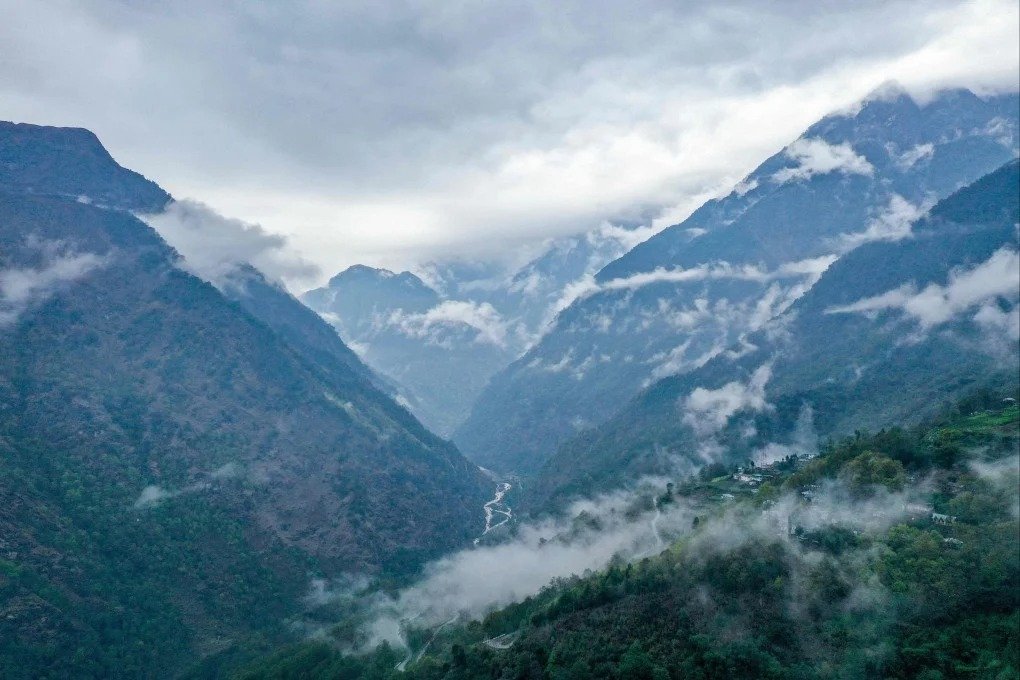
The India-China relationship is frequently characterized by tension, particularly where there are issues of borders. One of the most sensitive areas is Arunachal Pradesh, one of the northeastern states in India that China continuously asserts as Chinese territory. China recently attempted to rename 30 locations in Arunachal Pradesh, which again incited a strong response from India. The Indian government clearly expressed that regardless of how many times China rechristens the place, Arunachal Pradesh will be an integral part of India.
What Did China Do?
On April 1, 2024, China came up with a new list renaming 30 locations in Arunachal Pradesh. There were villages, rivers, and mountain passes. This was China’s fourth attempt at doing something like this. The government of China refers to the state as “Zangnan” and asserts that it is part of South Tibet. This renaming is part of the long-term policy of China to claim control over disputed regions.
But India has consistently opposed such attempts before, and it did so this time as well. The nation feels that such actions are intended to cause confusion and are not legal or historically sound.
India’s Blunt Reply
Immediately after China’s statement, India’s Ministry of External Affairs (MEA) gave a clear reply. MEA official Randhir Jaiswal stated,
We have heard reports of China trying to rename locations in the Indian state of Arunachal Pradesh. We reject this strongly. Arunachal Pradesh was, is, and will always remain an integral and inalienable part of India. Giving invented names will not alter this fact.
This is not the first time India has had to react in this manner. Earlier too, whenever China attempted to rename or include Arunachal in its maps, India remained firm. The nation has time and again asserted that such actions will not alter facts on the ground.
Why Is Arunachal Pradesh Important?
Arunachal Pradesh lies in the distant northeast of India. It is bounded by Tibet, Bhutan, and Myanmar. This state is a cultural and historical region. Locals regard themselves as Indians and contribute significantly to the democracy of India. It is represented in the Indian Parliament and possesses its own state government.
Strategically, Arunachal Pradesh matters due to its proximity to the sensitive India-China border. It’s also where the 1962 India-China war was fought, when the two countries clashed over border differences.
China’s History of Claims and Tactics
China’s assertion of Arunachal Pradesh is not a new one. Beijing has sought to claim the region by trying to exert control over it in many years past by
Naming the state as “South Tibet.”
- Releasing modified maps, such as Arunachal as part of Chinese lands.
- Objecting to Indian leaders’ visits to the state.
- Issuing stapled visas to individuals from Arunachal (rather than regular stamped ones).
- Renaming locations to bestow them Chinese names.

All these are among what is referred to as “salami slicing,” a tactic whereby a nation gradually attempts to assert superiority by making little moves without setting off a big war.
India’s Unambiguous Legal and Historical Stand
India’s position on Arunachal Pradesh is supported by history, law, and public opinion. Arunachal Pradesh has belonged to India since 1947, when India became independent. In 1987, it became a full-fledged state. Citizens of Arunachal identify themselves as Indian citizens with pride. They cast their votes in elections, use several Indian languages, and celebrate Indian festivals.
In addition, India has invested in the development of the region in infrastructure, roads, schools, and healthcare. This reflects the country’s long-term investment in the region.
The Global Perception
Although China insists on making claims, the majority of the world considers Arunachal Pradesh Indian land. In 2023, when China issued its “standard map” featuring Arunachal Pradesh, various nations such as the United States, Australia, and Japan stood with India.
These nations hold that peaceful discussion, rather than forceful maps or name swaps, is the appropriate method of solving border conflicts. They also emphasize the respect for sovereignty and international law.
Human Side: What Do Locals Feel?
Locals of Arunachal Pradesh frequently complain about China’s claims. Most find these constant name changes offensive to their identity. As a local resident explained to local journalists, “We are Indians by birth and by heart. No one can change that by giving us Chinese names.”
The indigenous people actively engage in the cultural and political life of India. They find these name-changing actions to be unnecessary and even ridiculous. The common feeling is that China is wasting its time attempting to reshape facts that are evident to all.
Conclusion: Reality Over Rhetoric
India’s message is loud and clear: Arunachal Pradesh is an integral part of the country. No degree of map revisions, name refreshes, or diplomatic sleight of hand will alter that. The people, the government, and the laws all proclaim the same thing: Arunachal is part of India.
In the modern world, where news travels quickly and people are more enlightened than ever before, symbolic actions such as renaming villages don’t mean much. True strength is in upholding truth, history, and the people’s will. And on all these accounts, India has the higher ground when it comes to Arunachal Pradesh.







